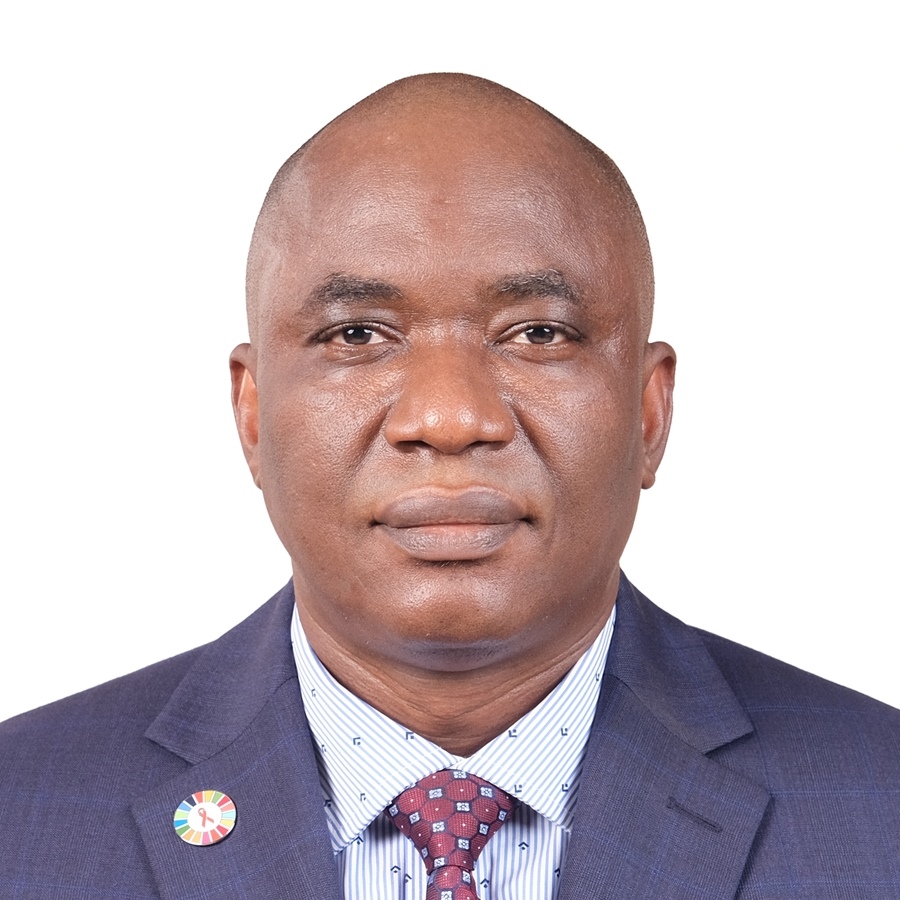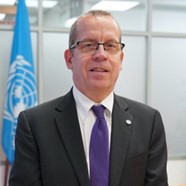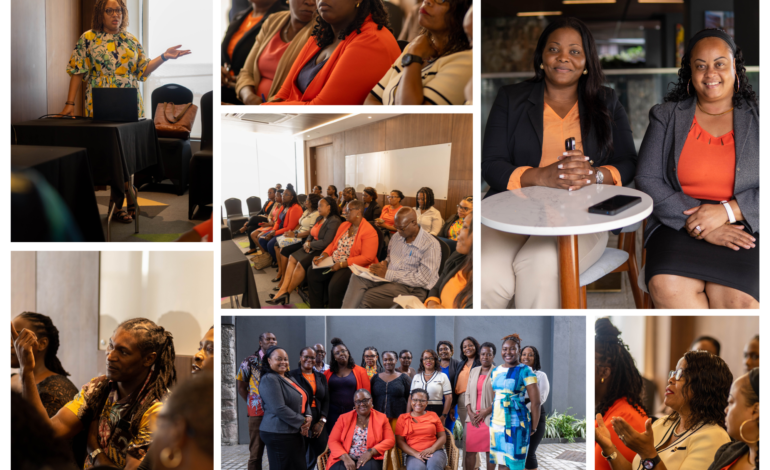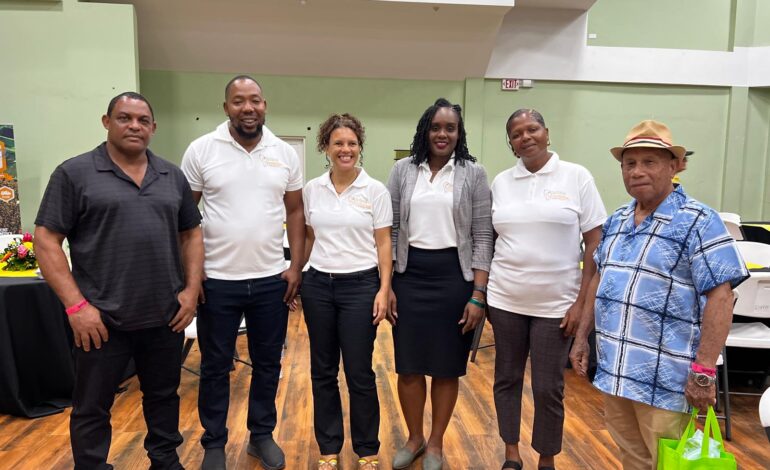By Mr. Simon Springett and Dr. Richard Amenyah
World AIDS Day, observed annually on December 1, provides an opportunity to honor those lost to HIV and AIDS and to recognize the resilience of those living with HIV.
This year’s theme, “Take the Rights Path,” is a powerful reminder that the fight against HIV and AIDS is more than a public health challenge, but a call for social justice and the protection of human rights.
The State of HIV Response in the Eastern Caribbean
Across the Eastern Caribbean, the incidence of HIV remains relatively low, ranging from 0.5% to 1.5%, with high-risk populations being disproportionately impacted. Barbados, Antigua and Barbuda, Dominica, Grenada, St. Kitts and Nevis, St. Lucia, and Saint Vincent and the Grenadines have made commendable progress in reducing new HIV infections and scaling up access to treatment, with the elimination of Mother-to-Child transmission achieved in Antigua and Barbuda, Dominica, St. Kitts and Nevis and Saint Vincent and the Grenadines. However, significant gaps remain in linking newly diagnosed individuals to antiretroviral therapy and achieving viral suppression. Across countries, concerns also persist with people presenting very late with advanced HIV disease, and possibly contributing to AIDS mortalities from opportunistic infections including Tuberculosis (TB).
In Barbados, there is positive news regarding youth in the 15 – 24 age group, where the HIV incidence rate reduced by more than 50% , from 86 new HIV infections per 100,000 people in 2010 to 40 new infections in 2023. For young women, there were 28 new infections per 100,000 people in 2023, down from 68 new HIV infections in 2010. With young people still representing between 1 in 4 new HIV infections in St. Lucia and St. Kitts and Nevis, and 1 in 3 in Barbados, targeted interventions are still needed.
To make further inroads in this fight, we must address rights-related barriers, such as stigma and discrimination, to promote early diagnosis and provide access to timely care and treatment. Community-based testing for key populations, including self-testing and network testing, should also be expanded as part of a differentiated approach.
Human Rights: The Foundation of an Effective HIV Response
Human rights are central to ending AIDS as a public health threat, and within the Eastern Caribbean this requires more than medical interventions. The recent decriminalization of same-sex, sexual relationships, by courts in Antigua and Barbuda, Barbados, Dominica and St Kitts and Nevis, marks significant national progress. Conversely, punitive laws that criminalize aspects of sex work, drug use, and HIV transmission, continue to hinder access to prevention, testing, and treatment services. It is imperative that human rights-related barriers to HIV and TB services, such as fear of legal repercussions, be dismantled.
To truly end AIDS as a public health threat by 2030, Eastern Caribbean countries and regional institutions must continue to prioritize the protection of human rights, particularly for marginalized and vulnerable groups such as people living with HIV.
Leveraging Resources for a Rights-Based Response
Fiscal constraints faced by the Eastern Caribbean countries due to COVID-19, extreme weather events, and limited economic resilience, have impacted the allocation of resources for health. Governments must continue to leverage innovative financing mechanisms, such as debt-for-health swaps and public-private partnerships, to sustain and scale up HIV services. The new Global Fund to Fight AIDS, Tuberculosis and Malaria allocation for the OECS will be a critical tool to address gaps in prevention, testing, and treatment , particularly for people living with and most affected by HIV.
A Call to Action
On this World AIDS Day, the United Nations calls on governments, policymakers, and civil society in the Eastern Caribbean to take decisive steps to end AIDS by 2030, by creating an enabling legal environment, strengthening community systems, and integrating HIV services into primary health care. The time to act is now.
In the words of the UN Secretary General, Antonio Guterres, “Ending AIDS as a public health threat by 2030 is achievable. But reaching this goal requires breaking down the barriers keeping people from vital services.” Let us take the rights path—not just for those living with HIV, but for everyone who envisions a future where health and dignity are guaranteed for all.








